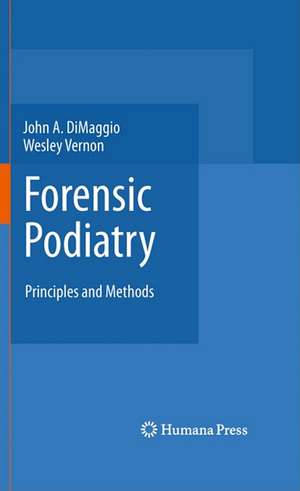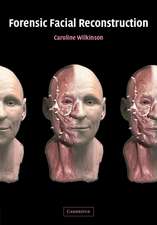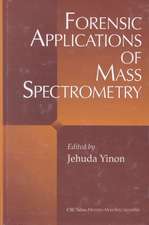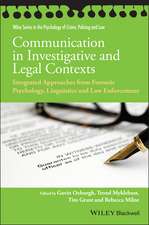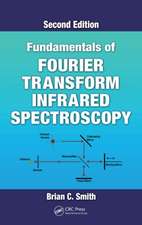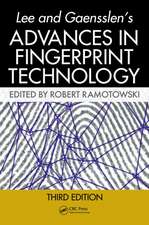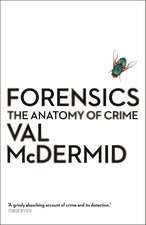Forensic Podiatry: Principles and Methods
Autor John A. DiMaggio, Wesley Vernon OBEen Limba Engleză Hardback – 11 ian 2011
| Toate formatele și edițiile | Preț | Express |
|---|---|---|
| Paperback (1) | 994.54 lei 6-8 săpt. | |
| Humana Press Inc. – 26 sep 2014 | 994.54 lei 6-8 săpt. | |
| Hardback (1) | 640.06 lei 6-8 săpt. | |
| Humana Press Inc. – 11 ian 2011 | 640.06 lei 6-8 săpt. |
Preț: 640.06 lei
Preț vechi: 753.01 lei
-15% Nou
Puncte Express: 960
Preț estimativ în valută:
122.51€ • 133.12$ • 102.98£
122.51€ • 133.12$ • 102.98£
Carte tipărită la comandă
Livrare economică 21 aprilie-05 mai
Preluare comenzi: 021 569.72.76
Specificații
ISBN-13: 9781617379758
ISBN-10: 1617379751
Pagini: 200
Ilustrații: XIII, 186 p.
Dimensiuni: 155 x 235 x 17 mm
Greutate: 0.41 kg
Ediția:2011
Editura: Humana Press Inc.
Colecția Humana
Locul publicării:Totowa, NJ, United States
ISBN-10: 1617379751
Pagini: 200
Ilustrații: XIII, 186 p.
Dimensiuni: 155 x 235 x 17 mm
Greutate: 0.41 kg
Ediția:2011
Editura: Humana Press Inc.
Colecția Humana
Locul publicării:Totowa, NJ, United States
Public țintă
Professional/practitionerCuprins
Preface.- Acknowledgements.- Part I: General Forensic Concerns.- Chapter 1: The Crime Scene and Crime Laboratory.- Chapter 2: Forensic Podiatry Principles and Human Identification.- Part II: Podiatric Forensic Concerns.- Chapter 3: Photographic Techniques.- Chapter 4: Bare Footprint Identification.- Chapter 5: Footwear Examination and Analysis.- Chapter 6: Forensic Gait Analysis.- Chapter 7: Identification from Podiatry Records.- Part III: Pedal Case Work.- Chapter 8: Case Studies in Forensic Podiatry.- Part IV: Medicolegal Concerns.- Chapter 9: Expert Witness and Practice Standards.- Glossary.
Textul de pe ultima copertă
The human foot is a complex body part composed of fifty-two bones, which is twenty-five percent of all the bones in the body. Nonetheless, the foot is often viewed by the public and doctors as a “minor” body part. Similarly, the importance of pedal evidence in crime investigation has also long been undervalued, but as footwear evidence has become more commonly used in forensic situations, so has pedal evidence, which is why this seminal work is so important: it is the first textbook ever dedicated to forensic podiatry. Forensic Podiatry is an international compilation of current practices authored by the pioneers in the field. Part I discusses general forensic concerns, including those at the crime scene, from an informative perspective. It covers tasks performed by the crime laboratory, forensic podiatry principles, and various aspects of human identification. Part II deals with specific forensic podiatric concerns such as photographic techniques, bare footprint identification, and footwear examination and analysis. It also discusses forensic gate and analysis as well as the identification of pedal remains from podiatry records, which is important for mass disaster scenes. Part III presents actual forensic podiatry case studies from the United Kingdom and the United States, and Part IV focuses on podiatry practice standards, which in many instances parallel expert witness responsibilities. Groundbreaking and essential, this book is useful for medical and criminal justice students as well as podiatrists, criminalists, footwear examiners, forensic anthropologists, attorneys and investigators.
Caracteristici
First textbook dedicated to forensic podiatry International compilation of current practices Authored by the pioneers of forensic podiatry Includes supplementary material: sn.pub/extras
